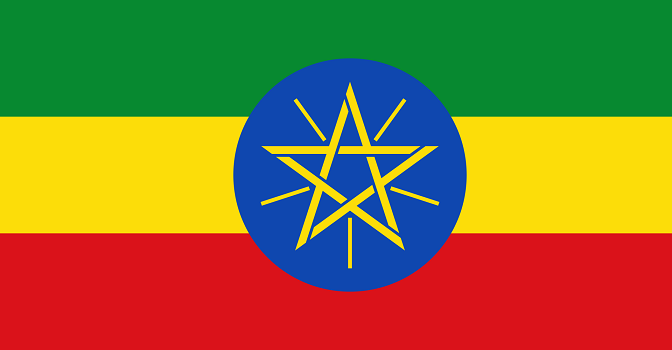
We can learn from Ethiopia
Every Ghanaian is very much aware of the narrative of Ghana being the second biggest producer of cocoa and that together with Cote D’Ívoire, they produce about 60 per cent of the total world’s production. It is also a fact that the two countries earn about a paltry US$5 billion in an industry that generates about US$120 billion.
The problem is that, there is nothing that we are facing today that we did not know would happen. That is the truth. We deliberately made a lot of mistakes and ignored every single word that pointed otherwise.
Economics is a science. It is not a perfect science but over many decades and centuries, people have seen that there are certain things that when you do, it will lead to certain consequences.
Today, we are in a new reality. This is what they call the new normal in Africa. And we have a two-speed Africa. A look at the new IMF World outlook reveals something interesting. Non-commodity Africa will be the fastest-growing part of the world, even higher than emerging Asia, whereas commodities Africa (countries such as Ghana, Nigeria and Angola) are among the lowest growing parts of the world, at the rate of Europe and Latin America. And we can’t explain why.
But, think of a country such as Ethiopia and then Meles Zenawi, the late Prime Minister. Ethiopia keeps growing year after year at 11-12 per cent. And what did Meles do? The simple things we have been saying for many decades . This is a country that came out of war, remember?
It is facing insecurities; it has got Eritrea and other countries that do not like it surrounding it. Let us take two examples. Coffee. It originates from Ethiopia but Ethiopian farmers, before Meles, got 10 per cent of the value of coffee from their crops.
They would just produce the coffee and sell it to companies, and the companies would take their coffee to Latin America and have it improved, dried and packaged. And Meles just asked: “Why can’t we produce coffee in Ethiopia that would go straight from Ethiopia to the coffee shops in Europe?”
And all sorts of responses came. “Well, you know your weather is good for growing coffee. Your coffee is very good, but your farmers have bad farming practices.”
So he said: “Why don’t you teach them?” So he got in touch with the International Finance Corporation, got a loan, organised Ethiopian coffee farmers into cooperatives, taught them how to grow the coffee, how to dry, prepare and package it.
Today, coffee shops in Europe are serving cups of coffee that came straight from Ethiopian farms. Ethiopian farmers are now getting 70 per cent of the value of the coffee, instead of the former 10 per cent.
There is a lot Ghana can learn from Ethiopia. We must certainly with all our will and might as a nation, move away from that US$5 billion quadrant. — GB
